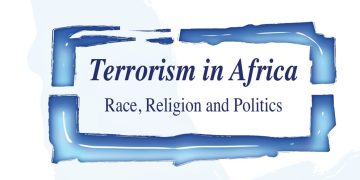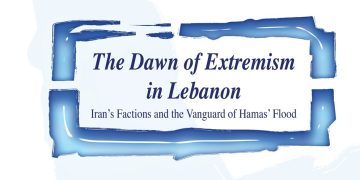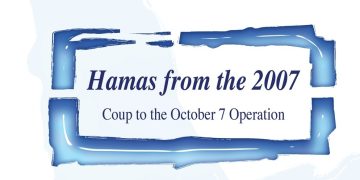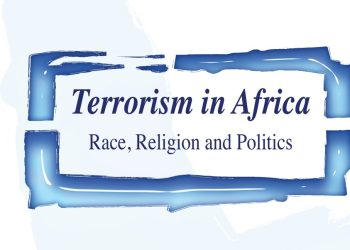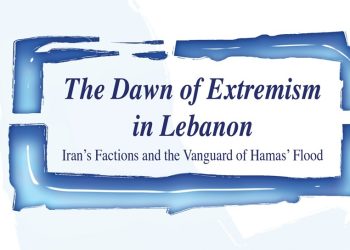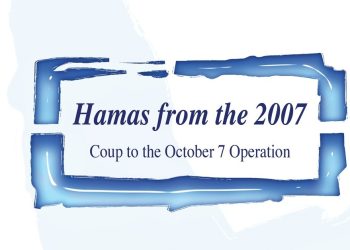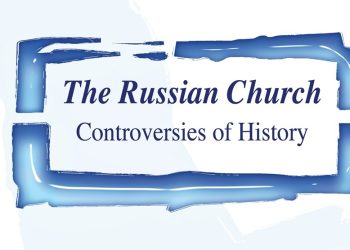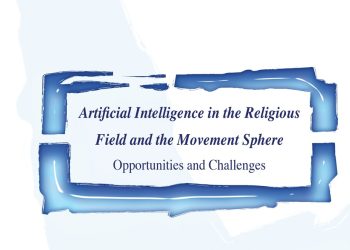Growing up in Egypt in the years preceding the Internet, the phrase “the BBC said” meant to most Egyptians that a given piece of news was confirmed and reliable. I later worked as an intern for the the country’s flagship newspaper, Al-Ahram, for six months. My daily access to the London Times, The Daily Telegraph, and The Guardian was my compensation for receiving no other form of compensation. So you might imagine my joy, in 1999, to have been hired to work for the BBC in London.
News about Egypt in London-based media was scarce during the 12 years that followed. This changed dramatically with the advent of the so-called “Arab Spring” in 2011. Egypt topped headlines constantly, with live streaming and daily analyses. In August that year, inspired by the British coverage, I decided to go to back my homeland to live the promised change. I wanted to experience first-hand that narrative which British media had instilled in me. And I loved what I thought I saw. It seemed that millions of protesters were calling for political liberty — an inclusive and just Egypt — in which Muslims, Christians, and secularists are equal citizens.
Over the five years that followed, during which I remained in Egypt, I came to see a radically different picture, both in my country and the broader Arab region. I saw Islamist movements take power. These outcomes were as far from democracy and liberty as that of the Iranian revolution in 1979. In most cases, a core Islamist authoritarian presence thinly veiled itself in liberalism. A new Egyptian constitution was written that suffocated the principle of free speech, enshrined an Islamist historical narrative, and consecrated the principle that non-Muslims are second-class citizens.
I do not in retrospect begrudge foreign media, with its limited knowledge of the Middle East, its languages, and its cultures, to fully foresee what was coming. But I would have expected it to show some humility, and greater curiosity, rather than claim a moral high ground to conceal its lack of effort. I was disillusioned by the Western publications and broadcasts I had venerated. I also formed a new impression about the roots of journalistic “misconduct.”
At last I understand that Western journalism has a strong current of old-fashioned presumptuous and naïve writers, who announced the results of political experiments that hadn’t run their course yet. They meanwhile manifested indifference and condescension toward divergent points of view. They isolated themselves within in a bubble of voices who validated their preconceptions.
I do not object in principle to ideologically-driven journalism, provided it identifies itself as such. I have grown allergic, however, to work of this variety that presents itself as truth-telling.
When I returned from Egypt to London, I was sadder, wiser, more vigilant, and less credulous.
I am a media consumer who has been mugged by reality, having seen for myself how international media has disfigured reality. Its coverage of Egypt, so potent and compelling, managed to beguile an Egyptian expat like myself — to say nothing of those who did not know Egypt. Sadly, the misperceptions media instilled in some of the world’s great powers have in turn had negative consequences for the region, in that they inspired policies toward the region that were profoundly out of touch with the populations they affected.


